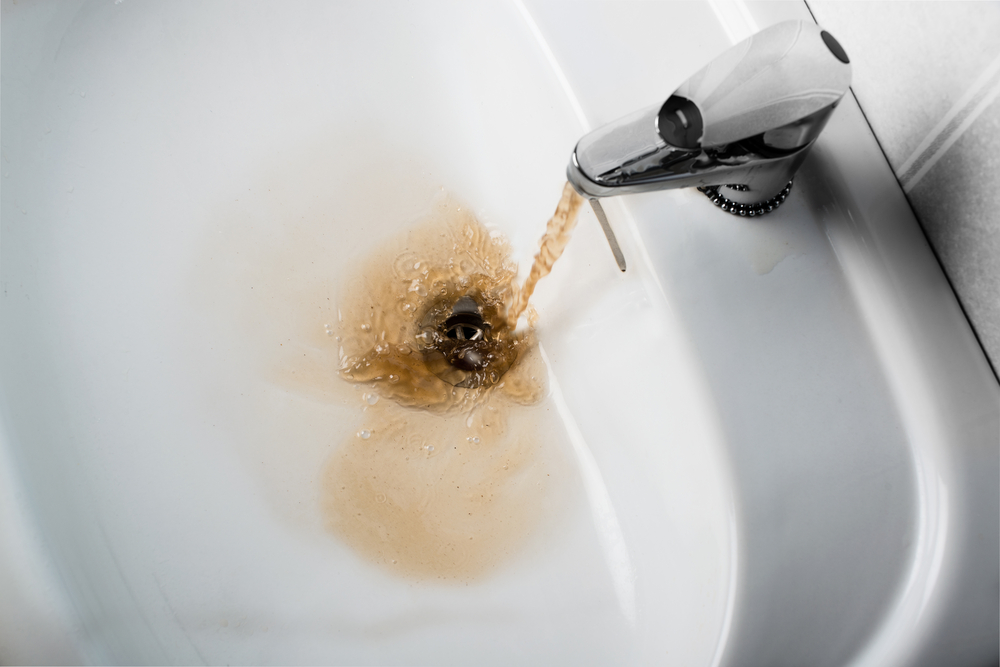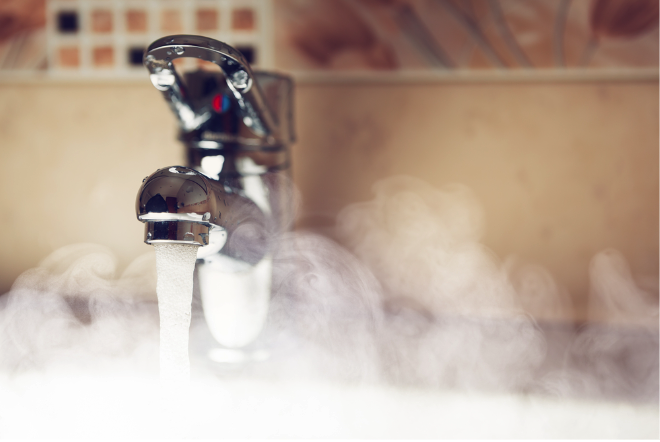Water heaters are the unsung heroes of our daily lives, providing hot water for showers, dishes, and laundry with just a turn of the tap. But when they malfunction, it can lead to frustration and inconvenience. Understanding how to troubleshoot common water heater problems can save you time and potentially costly repairs.
This guide will arm you with expert tips on maintaining and troubleshooting your water heater, ensuring it remains in good working condition. It covers everything from identifying problems to knowing when to seek professional help.
Understanding Your Water Heater: Essential Insights for Every Homeowner
Types of Water Heaters
There are several types of water heaters found in homes today, each with its unique characteristics. The most common types include:
- Tankless Water Heaters: These heaters provide hot water on demand without storing it in a tank. They are energy-efficient but can be expensive to install and may require upgrades to your existing plumbing.
- Storage Tank Water Heaters: These traditional heaters store a large volume of hot water in a tank, ready for use at any time. They are typically less expensive upfront but can have higher operating costs due to heat loss.
- Heat Pump Water Heaters: These units use electricity to move heat from the air or ground to heat water, making them highly efficient. However, they perform best in moderate climates and may struggle in colder temperatures.
- Solar Water Heaters: Using solar panels to heat water, these environmentally friendly options rely on sunlight availability. They can significantly reduce energy costs but may require a backup system for cloudy days.
Basic Components of a Water Heater System
Understanding the basic components of your water heater can help you identify and troubleshoot issues more effectively. Key components include:
- Thermostat: A thermostat regulates the water temperature in a water heater to ensure it stays at a desired level.
- Heating Elements: Heating elements are components in electric water heaters that convert electricity into heat to warm the water.
- Gas Burner: A gas burner is a device in gas water heaters that ignites gas to produce a flame for heating water.
- Anode Rod: An anode rod is a sacrificial metal rod in a water heater that helps prevent tank corrosion by attracting rust.
- Temperature and Pressure Relief Valve: This valve is a safety feature that releases water if the temperature or pressure in the tank exceeds safe limits.
Common Water Heater Issues and How to Avoid Them
1. No Hot Water
One of the most common issues homeowners face is the absence of hot water. If you turn on the tap and nothing but cold water comes out, try the following:
- Check the thermostat: Ensure it’s set to the appropriate temperature (around 120°F is usually ideal). If it’s too low, adjust it accordingly.
- Inspect the circuit breaker: If you have an electric water heater, check if the breaker has tripped. Reset it if necessary, but consult a professional if it trips again.
- Look for leaks: A leaking tank can lead to a lack of hot water. Check for water pooling around the base of the unit.
- Examine the heating elements: If your unit is electric, one of the heating elements may have burned out. Testing with a multimeter can determine if they need replacement.
2. Inconsistent Water Temperature
If your water temperature fluctuates between hot and cold, it can be frustrating. Here’s what to check:
- Sediment buildup: Over time, sediment can accumulate in the tank, affecting heating efficiency. Flushing the tank annually can help prevent this. If you haven’t done this in a while, it’s a good idea to schedule it.
- Faulty thermostat: If the thermostat is malfunctioning, it may not maintain a consistent temperature. Consider replacing it, especially if you notice erratic temperature changes.
- Improperly sized unit: If your water heater is too small for your household’s needs, it may struggle to keep up with demand. In such cases, consider upgrading to a larger unit.
3. Strange Noises
Unusual sounds coming from your water heater can be alarming. Here are a few common causes:
- Banging or popping sounds: These may indicate sediment buildup. As water heats, trapped air bubbles can create noise. Flushing the tank can often resolve this issue.
- Hissing or sizzling sounds: This could suggest a leak or overheating. It’s important to investigate immediately to avoid further damage.
- Whistling sounds: This may indicate a pressure issue within the tank. If you hear this, check the temperature and pressure relief valve.

4. Water Discoloration
If you notice rusty or discolored water coming from your taps, it could be a sign of corrosion in the tank. Here’s how to address it:
- Inspect the anode rod: This rod helps prevent corrosion. If it’s significantly corroded, it may need replacing. A healthy anode rod can extend the life of your water heater.
- Consider your plumbing: If the pipes in your home are old, they may also contribute to discoloration. In such cases, a plumbing upgrade may be necessary.
- Run the hot water for a few minutes: Sometimes, discolored water can be temporary. Running the taps can help clear out any rust that may have settled.
Additional Maintenance Tips
- Insulate Your Heater: Insulating your water heater can reduce heat loss and improve efficiency, particularly for older models. This can be a simple DIY project with insulation blankets available at most hardware stores.
- Monitor Usage: Keep an eye on your hot water usage, especially if your household dynamics change. If you have guests or are using more hot water than usual, it might be time to assess whether your heater is adequate.
- Keep It Accessible: Ensure that your water heater is accessible for maintenance and emergency situations. Clear away any clutter around it to make repairs easier and safer.
When to Call a Professional
While many water heater issues can be resolved with DIY troubleshooting, some situations require professional intervention:
- Persistent Leaks: If you’ve tightened connections and replaced valves but the leak persists, it might be a sign of a larger issue, such as a corroded tank or damaged piping.
- Electrical Problems: If there are issues with the electrical components of your water heater that you’re not comfortable handling, it’s best to call an expert. Electrical repairs can be dangerous without the right knowledge.
- Complex Repairs: For issues involving gas lines or major parts replacement, professional help ensures safety and proper repair. Attempting these repairs on your own can lead to safety hazards.
- Old Age: If your water heater is over 10-15 years old and experiencing issues, it may be time to consider a replacement. Newer models are often more energy-efficient and come with warranties.
Keep Your Water Heater in Peak Condition
Maintaining your water heater is essential for avoiding costly repairs and ensuring a steady supply of hot water. By understanding common issues and knowing when to seek professional help, you can keep your water heater in top condition.
Regular maintenance and proactive troubleshooting not only save you money but also enhance your comfort and convenience at home. Don’t forget to share this guide with friends and family to help them keep their water heaters running smoothly. For professional inspection and maintenance services, contact Reliable Plumbing today, and let our experts ensure your hot water supply is always reliable!

